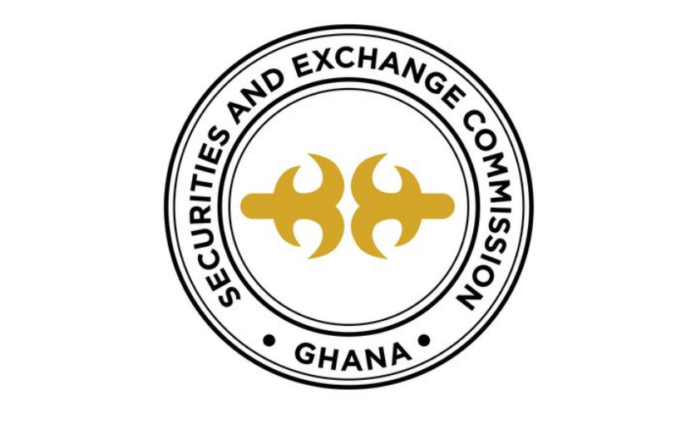The government plans to release GHS1.5 billion in three tranches to affected securities investors as part of the 2019 licence revocation.
According to the Securities and Exchange Commission (SEC), the bailout had begun, with the first tranche of GHS 700 million released in August 2024, and would be followed by the second and third tranches of GHS400 million in October and December, respectively.
“Under this current release, investors will receive the higher of GHS 50,000 or 15 per cent of their outstanding examined claims on the defunct firms. This top-up is estimated to result in close to 91% of affected investors being fully settled,” SEC said in a statement.
SEC indicated that about GHS 4.46 billion had been previously released to affected investors with examined claims.
“The bailout money released so far has been used to pay a total number of 84,202 investor claims of the failed fund management companies out of which 69,445, representing approximately 82 per cent of investor claims, have been fully settled,” it explained.
The bailout would be rolled out through the Special Purpose Vehicle, Amalgamated Mutual Fund (AM Fund) managed by GCB Capital Ltd.
The statement said the managers of AM Fund would hold a meeting soon to provide guidance for those who would want to access the released funds. as well as the prospects of leaving the claims in the AM Fund to be managed.
Mr. Mohammed Amin Adam, the Minister of Finance, recently announced the approval of GHS 1.5 billion to continue the bailout programme to affected investors of the failed fund management companies that had their licences revoked in November 2019.
The SEC is the statutory body set up by the Securities Industry Act, 2016 (Act 929), as amended by the Securities Industry (Amendment) 2021 (Act 1062), with the objective of regulating, innovating, and promoting the growth and development of an efficient, fair, and transparent securities market in which investors and the integrity of the market are protected.

